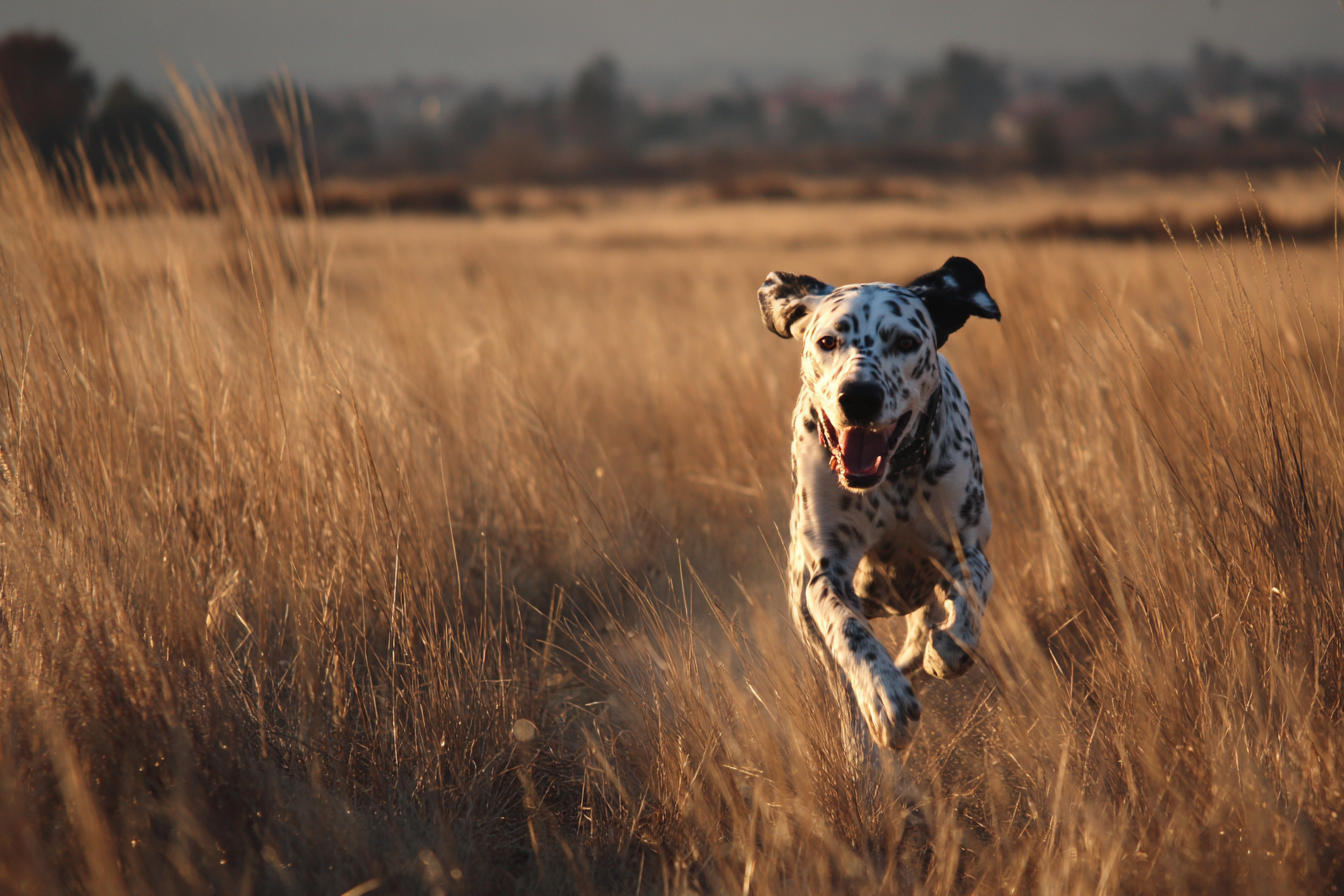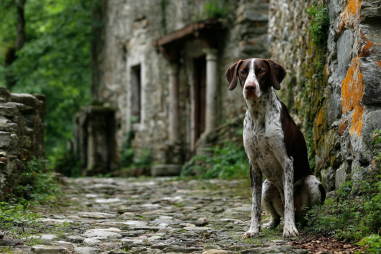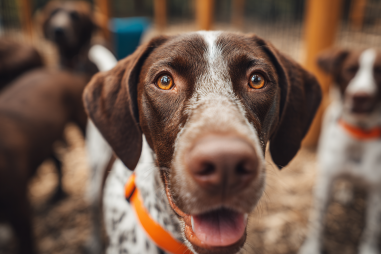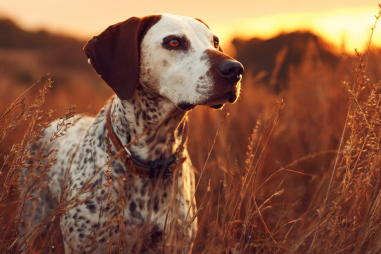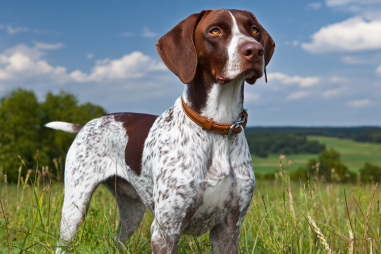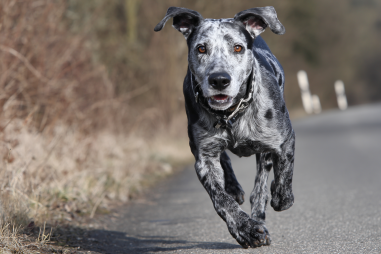Pointers are well-known for their energetic and lively nature, making exercise a crucial part of their daily routine. Whether you’re a seasoned Pointer owner or considering adding one to your family, understanding their exercise needs can greatly enhance their overall well-being. In this article, we’ll explore how much exercise a Pointer dog requires, different types of activities they enjoy, and how to tailor their physical and mental stimulation based on their age and lifestyle.
Understanding the Energy Level of the Pointer Breed
Pointer dogs are bred to be athletic hunting companions with an innate drive to work and explore. This breed naturally exhibits high energy levels and stamina, which means they are happiest when they have ample opportunities to run, play, and engage in physical activity. Without sufficient exercise, Pointers can become bored, restless, and even develop destructive behaviors. Their intense hunting heritage means they have a strong prey drive and a natural inclination to be outdoors, making regular exercise essential not only for physical health but also for mental satisfaction.
Recommended Daily Exercise Duration and Types
Experts generally recommend that Pointers receive at least 1 to 2 hours of exercise every day. This exercise should ideally be a combination of aerobic activities and controlled training or play. Because of their endurance, Pointers usually benefit from vigorous activities such as running, hiking, and agility training.
Here are some exercise types that work well for a Pointer:
- Long Walks or Jogging: A brisk walk or jog in a safe, stimulating environment lets them burn off energy while exploring.
- Off-Leash Running: If you have access to a secure, fenced area or dog park, allowing your Pointer to run freely can be an excellent way to expend their energy.
- Fetch and Retrieve Games: Given their natural hunting instincts, engaging them in games where they can chase and return objects is very satisfying for them.
- Swimming: Many Pointers enjoy water, and swimming is a low-impact way to exercise their muscles and joints.
- Agility and Obedience Training: Structured activities like agility courses or obedience trials provide physical exertion paired with mental challenges.
Benefits of Physical Activity for Pointers
Regular exercise is more than just a way to tire out your Pointer; it plays a vital role in maintaining their overall health. Physically, exercise helps maintain a healthy weight, improves cardiovascular function, and strengthens muscles and joints. Additionally, active Pointers tend to experience fewer behavioral issues since adequate physical stimulation reduces anxiety and destructive tendencies.
Exercise also promotes better sleep quality and can increase the lifespan of your dog by keeping their body in prime condition. For a breed like the Pointer, whose genetic makeup predisposes them to be active outdoors, daily exercise significantly enriches their quality of life and strengthens the bond between dog and owner.
Combining Mental Stimulation with Exercise
While physical activity is crucial, mental stimulation plays an equally important role in keeping a Pointer happy and well-rounded. Their intelligence and strong hunting instincts mean they thrive on challenges that require thinking and problem-solving. Combining physical exercise with mental enrichment ensures they don’t become bored or frustrated.
Examples of mental stimulation include:
- Puzzle Toys and Food-Dispensing Games: These keep them occupied and encourage problem-solving.
- Training Sessions: Short, frequent training exercises using positive reinforcement sharpen their minds and improve obedience.
- Scent Work or Nose Games: Capitalizing on their incredible sense of smell, these games tap into their natural abilities and provide satisfying challenges.
- Interactive Play with Owners: Engagement through games like hide and seek or teaching new tricks increases mental sharpness and strengthens the bond.
Sample Exercise Routines for a Pointer Dog
To help you visualize a day in the life of an active Pointer, here’s a sample exercise routine balanced between physical and mental activities:
- Morning – 30 to 45-minute jog or long walk to kickstart the day and burn off early energy.
- Midday – 15 to 20 minutes of training or obedience work focusing on commands or new tricks.
- Afternoon – Fetch session or agility course practice lasting 30 to 40 minutes.
- Evening – Slow walk combined with a stimulating sniffing game or puzzle toy to wind down.
This routine can be adjusted depending on your schedule and your Pointer’s preferences but keeping the dog active and mentally engaged multiple times daily is key.
Exercise Tips for Different Life Stages
Pointer exercise needs can vary depending on their age and health condition. Here’s a breakdown to help you cater exercise routines accordingly:
Puppies
While puppies are naturally energetic, their bones and joints are still developing, so exercise should be carefully managed to avoid injury. Short, frequent play sessions and gentle walks are best. Avoid high-impact activities like jumping or long running until they are fully grown (typically after 12-18 months).
Adult Pointers
In their prime years, adult Pointers need vigorous and consistent exercise to fulfill their high energy needs. Around 1-2 hours daily broken into several sessions works best. Incorporate a mix of aerobic workouts and training to keep both body and mind sharp.
Senior Pointers
As Pointers age, their stamina and joint health can decline. Adjust exercise intensity and duration accordingly, focusing on gentle walks, swimming, and low-impact play. Keeping them moving is still important to prevent stiffness and maintain muscle tone but avoid overexertion.
Regular veterinary check-ups can help identify any health issues that might affect exercise capacity, allowing you to tailor their routine with professional guidance.
Understanding and meeting your Pointer’s exercise requirements is essential to ensuring a happy, healthy companion. Their high energy and intelligence demand a lifestyle filled with activity and stimulation, but the rewards — a well-balanced, well-behaved, and content dog — are well worth the effort. Whether your Pointer is a young puppy or a dignified senior, adapting their exercise to their stage of life helps maintain their vitality and strengthens the connection you share.

